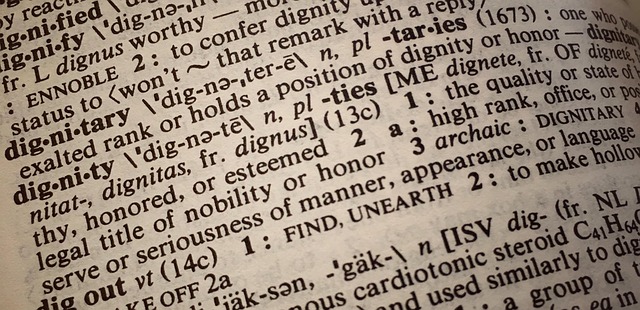The world we inhabit is a tapestry of interconnected ecosystems, each thread representing life, culture, and dignity. However, as the oppressive hand of deforestation tightens its grip, we witness the violation of dignity not just in the flora and fauna that are sacrificed, but also in the communities that rely on them for survival. Every tree that falls resonates like a cry, echoing through time and space—reminding us that our actions have consequences far beyond the immediate environment.
Climate change is an insidious force, exacerbated by the relentless desecration of our forests. Each tree removed is not merely a loss of timber; it signifies the dismantling of habitats, the erasure of biodiversity, and the obliteration of cultures that have co-existed with these natural wonders for generations. Indigenous peoples, in particular, face the most profound violation of dignity as their ancestral lands are stripped away, leaving them disconnected from their heritage and traditions. They are the guardians of the forests, and as these sacred spaces vanish, so too does their identity.
Moreover, the environment bears the brunt of this catastrophe. Forests act as Earth’s lungs, filtering air and sequestering carbon. Their destruction accelerates climate change, leading to extreme weather conditions, rising sea levels, and the general decline of our planet’s health. This is not just an environmental issue; it is a humanitarian crisis that threatens the very fabric of life. The rising temperatures and unpredictable weather patterns strip communities of their agricultural productivity, forcing them into a cycle of poverty and despair. The violation of dignity in this scenario is palpable, showcasing a stark inequity: the most vulnerable are often the least responsible for the crisis yet bear its most devastating consequences.
As we watch deforestation unfold, we must confront the uncomfortable truth—every choice we make contributes to this violation of dignity. From consumer habits to energy consumption, our daily lives are intertwined with the fate of the forests. The demand for palm oil, timber, and land for agriculture drives corporations to encroach upon the sacred lands of indigenous populations, leading to conflict and further displacement. Reflection on our consumption is essential; are we willing to compromise the dignity of others for convenience? The answer lies in ethics and empathy, not just economics.
The fight against deforestation is a rallying cry for the environment, but it is also a plea for humanity. It challenges us to reconsider our relationship with nature and to advocate for sustainable practices that honor both the planet and its people. Efforts such as reforestation, sustainable agriculture, and community-led conservation are not just practical solutions; they are acts of dignity—restoring balance and promoting resilience in the face of climate change. Every initiative taken to protect our forests reverberates through society, empowering those whose dignity has long been neglected.
In this era of climate uncertainty, it is imperative that we unite to create awareness about the violation of dignity inherent in deforestation. We must amplify the voices of indigenous peoples, champion sustainable practices, and hold corporations accountable. Every action counts, and by addressing deforestation collectively, we can begin to heal the wounds inflicted upon the environment and humanity alike. The restoration of dignity to individuals and ecosystems goes hand in hand, illustrating that a sustainable future is indeed possible when we embrace our role as caretakers of this planet.
Let us not turn a blind eye to the devastation unfolding around us. The task ahead is daunting, but our collective effort can lead to a transformative change—restoring dignity to our environment and those who depend on it. Together, we can forge a path toward a world where nature and humanity flourish side by side, echoing across generations with the strength of a thousand forests.




